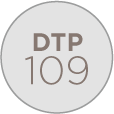Our Certification
Our sophisticated internal quality management systems, which have earned internationally recognised certification from leading bodies.

Our sophisticated internal quality management systems, which have earned internationally recognised certification from leading bodies.
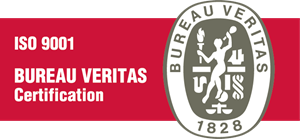


It is becoming increasingly important for companies in this sector to comply with a specific standard aligned with other international feed and food industry benchmarks. ISO 22000 meets this requirement. It came into force in 2005, and underwent an in-depth revision in June 2018.
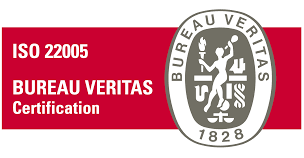

The ISO 22005 food and feed traceability system applies to the entire supply chain or sections of it across a wide area, from feed to meat and other food products. The standard’s purpose is to support companies in documenting the history of their products, enabling them to identify location and source at any time.
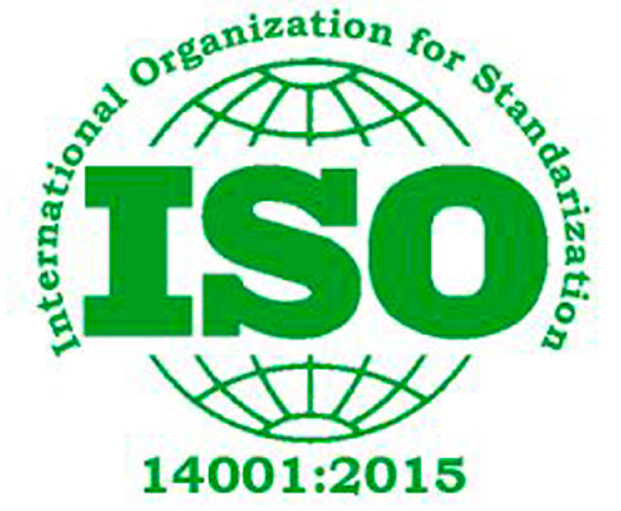

This is an environmental certification issued by accredited outside bodies. It shows that the certified organisation operates a management system that minimises its environmental impact, and promotes the development of coherent, effective, and sustainable methods of reducing it.
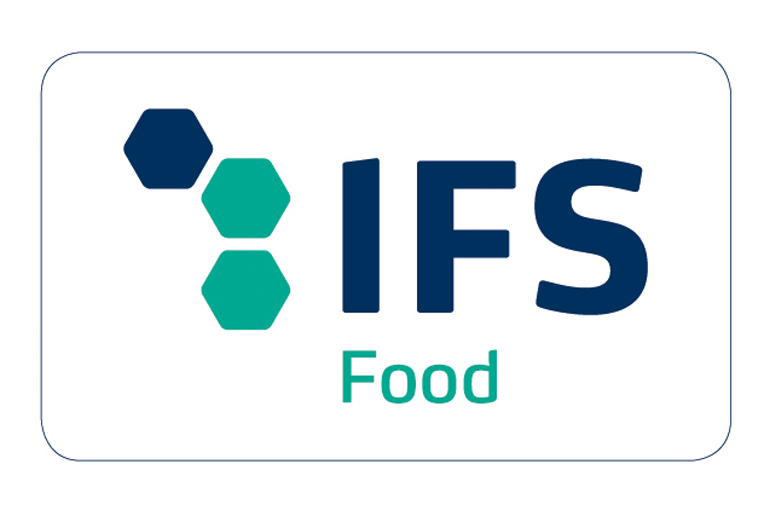

The purpose of IFS is to promote efficient selection of large-retailer branded food on the basis of the company’s ability to provide safe products that conform to contractual and legal requirements. This model is recognised throughout Europe and the rest of the world, and by the Global Food Safety Initiative.
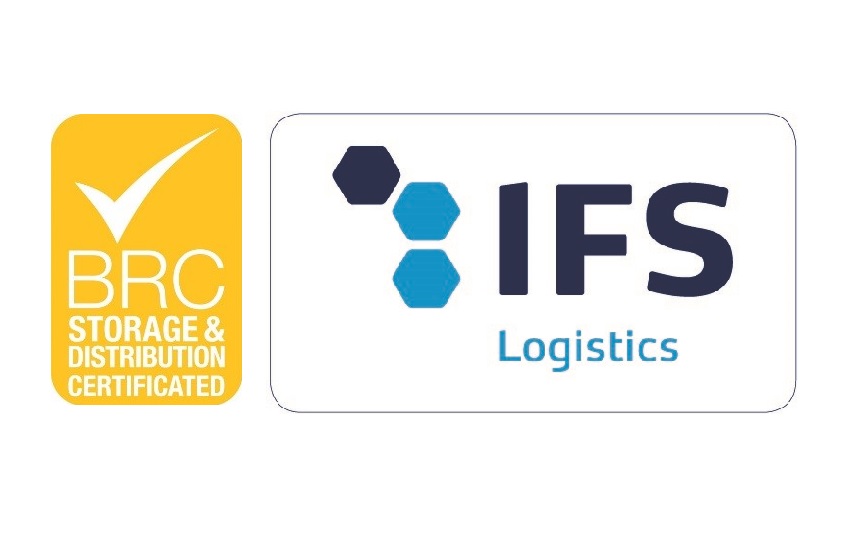
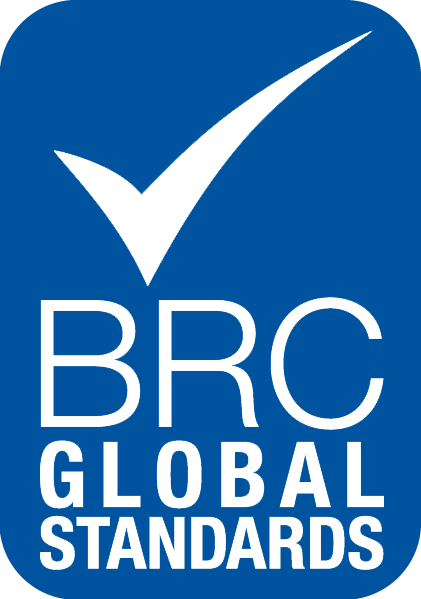

The BRC Global Standard for Food Safety was created to ensure branded products are produced according to well-defined quality standards. It is recognised by the Global Food Safety Initiative (GFSI), whose main purpose is to promote and improve food safety throughout the supply chain.
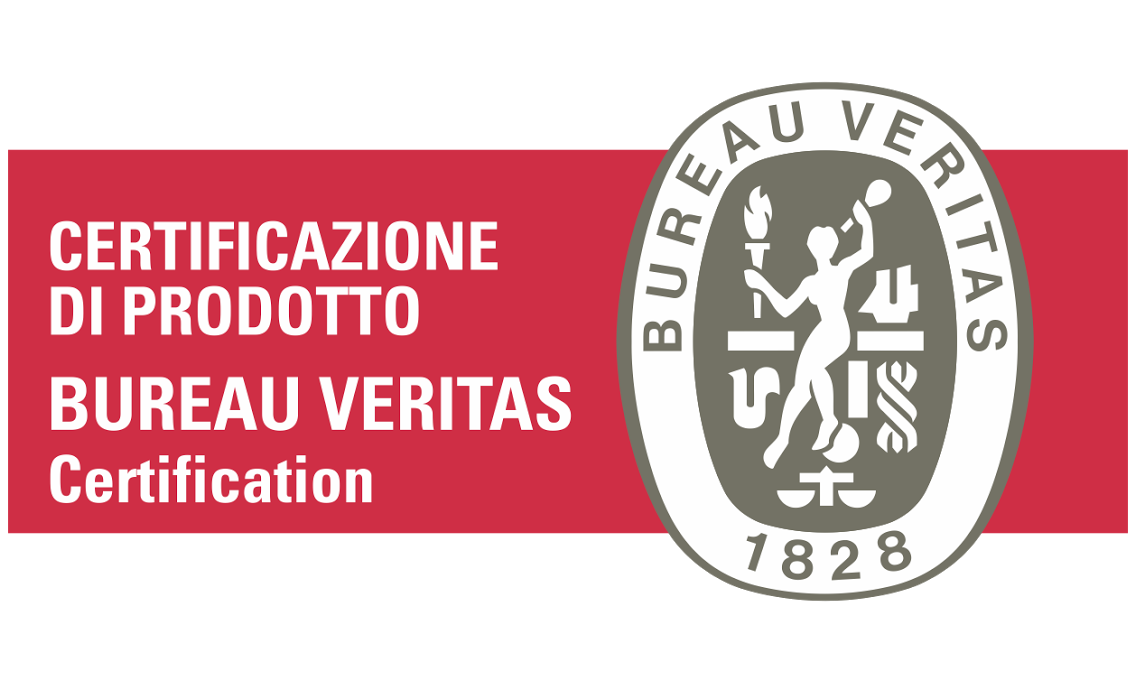


The purpose of this certification is to monitor activities carried out by operators to ensure the 0.9% limit is respected. This is considered to be the technically unavoidable and/or accidental limit in feed production processes containing GM-risk raw materials and/or their derivatives.


Defines the monitoring points and conformity criteria for ensuring quality in the production, distribution and acquisition of raw materials and feed and compound feed ingredients. Covers every stage of production from acquisition to transport, storage, processing and distribution of compound feeds.
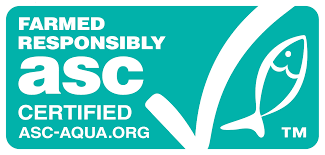

ASC Aquaculture Stewardship Council is the main international sustainable aquaculture certification scheme. It is a voluntary certification open to all companies involved in this kind of activity and the chain of custody. It ensures product traceability throughout the processing and distribution chain.


We joined the voluntary poultry meat labelling standard through the UnaItalia association. Predating a European Commission decision imposing requirements regarding the origin of poultry meat as recently as April 2015, the Italian Ministerial Decree of 29 July 2004 provided the legislative basis for these standards.
The decree created a regulatory basis providing information on product origin (born, reared and slaughtered in Italy) together with other information about the rearing system (e.g. free range) and type of feed (e.g. vegetable, GMO-free, minimum percentage of specific ingredients), in the context of animal wellbeing beyond legal requirements (genetic type etc.).
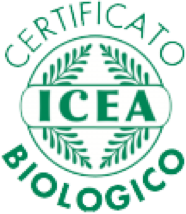

Organic product certification tells consumers that the product conforms to European organic farming standards and national legislation on organic production throughout the processing chain. The group has obtained certification for egg products (shelling, pasteurisation, and packaging), chicken, and sliced meats.
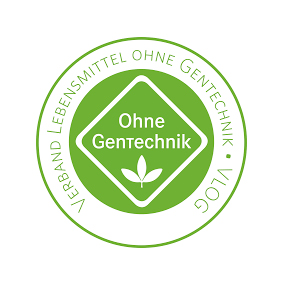

The acronym stands for Verband Lebensmittel Ohne Gentechnik eV (GM-Free Food Association). This body represents food producers, retailers, and sectors upstream and downstream in the supply chain. It enables licence holders to use the “Ohne Gentechnik” mark for products that meet the requirements of the standard.
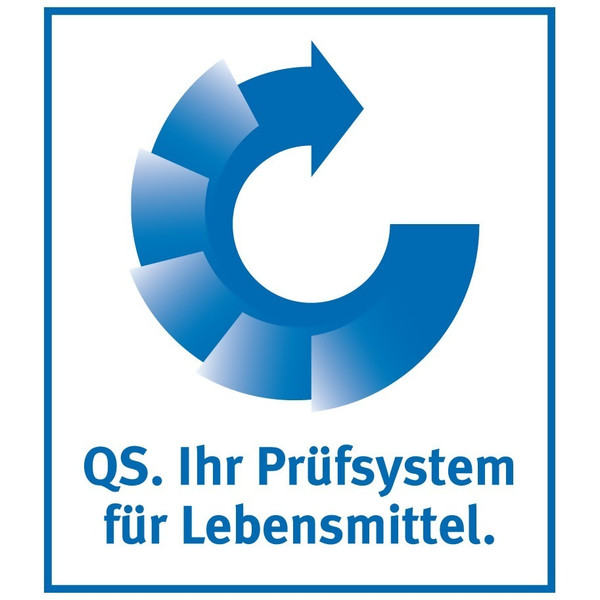
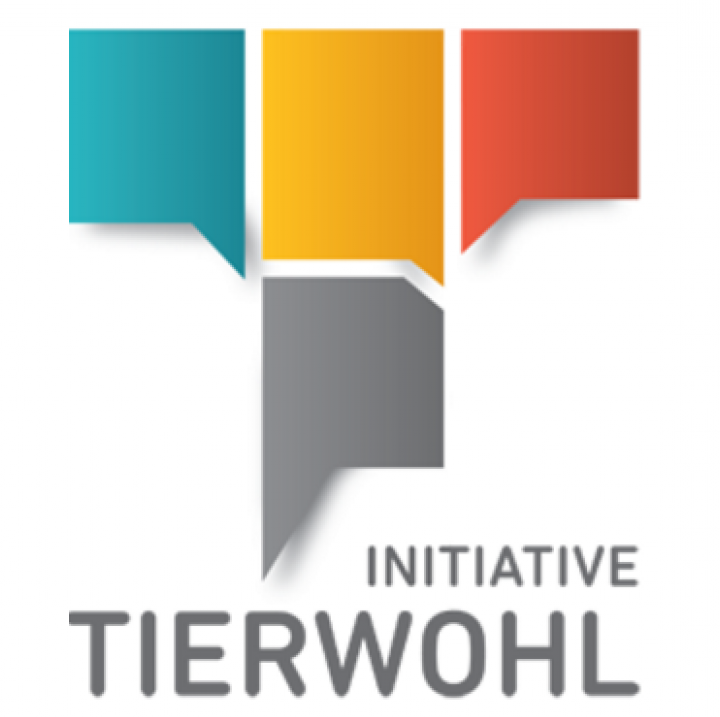

This initiative is the result of a collaboration between QS certification and German retailers. Its purpose is to improve animal wellbeing in rearing units. The Tierwohl initiative is financed by the participating retailers, which pay QS an agreed amount of money for every kilo of meat they sell. The sums raised go to compensate farmers for implementing measures that benefit the wellbeing of their livestock.
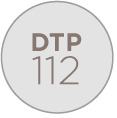
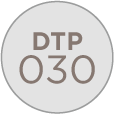
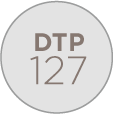

This regulation applies to the egg industry – brooder houses, rearing sheds (poultry) and laying sheds. DTP 127 attests that the birds have not been given antibiotics during rearing. The certification enables producers to use the descriptions “antibiotic free” or “reared without antibiotics”.
